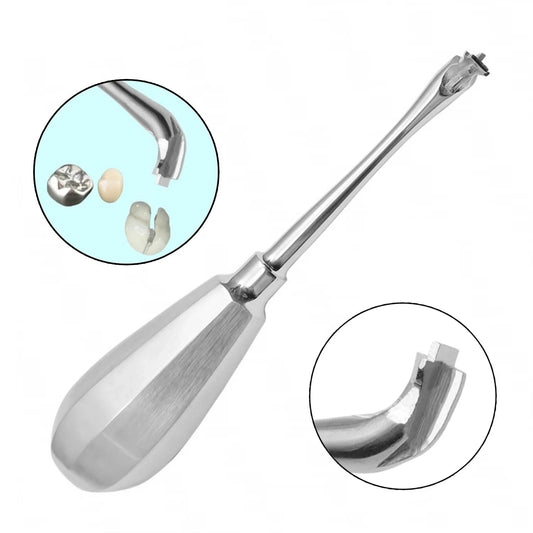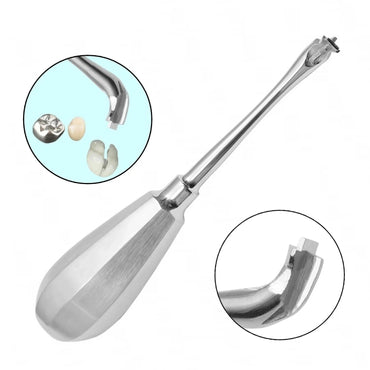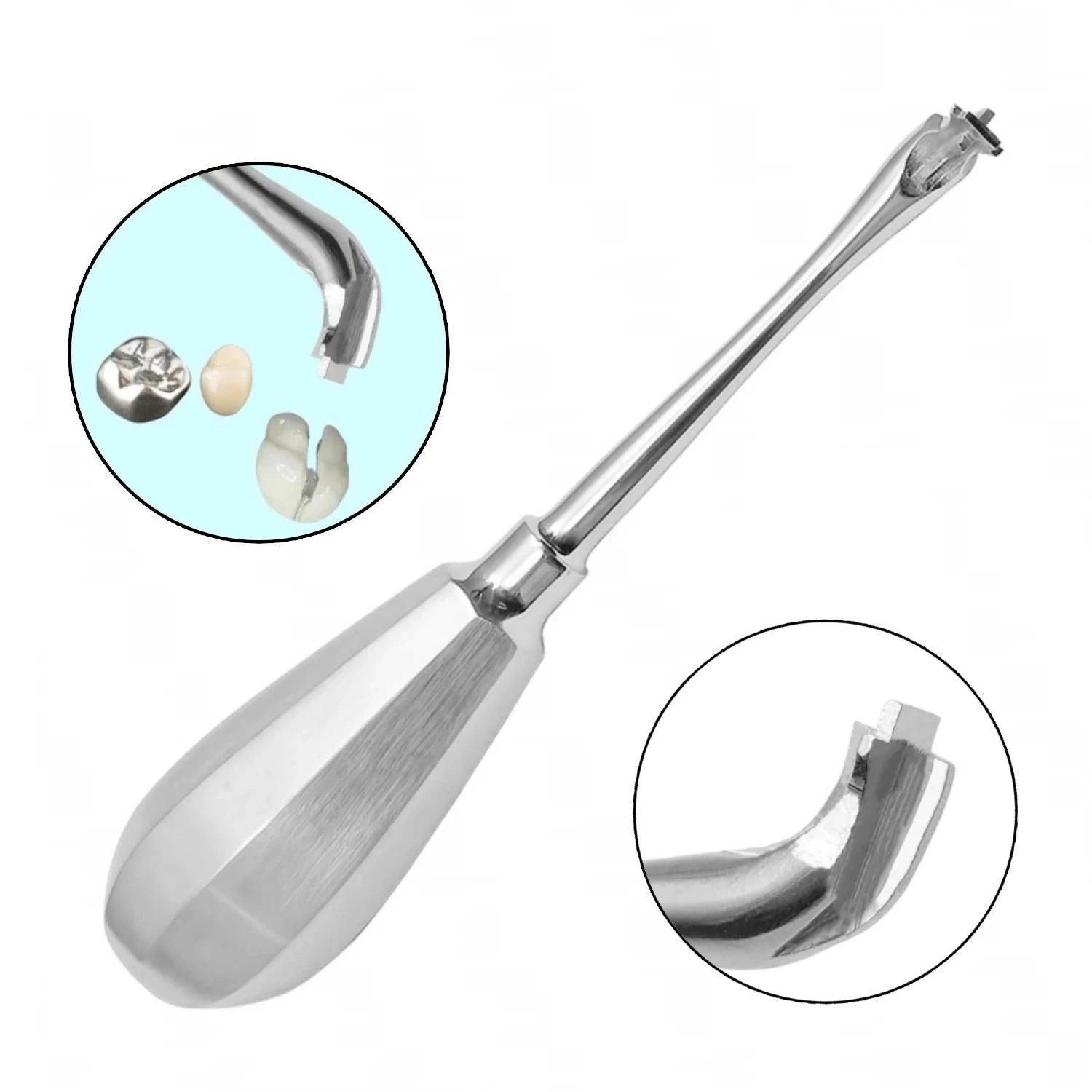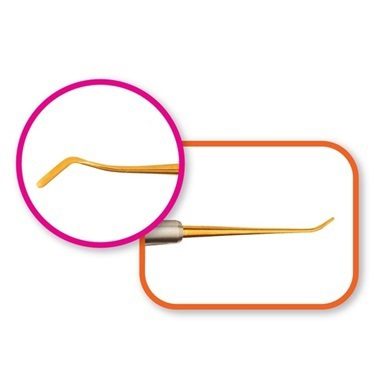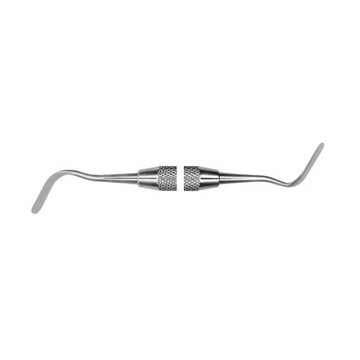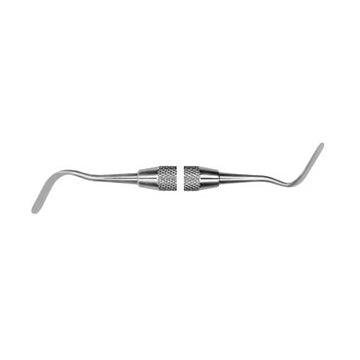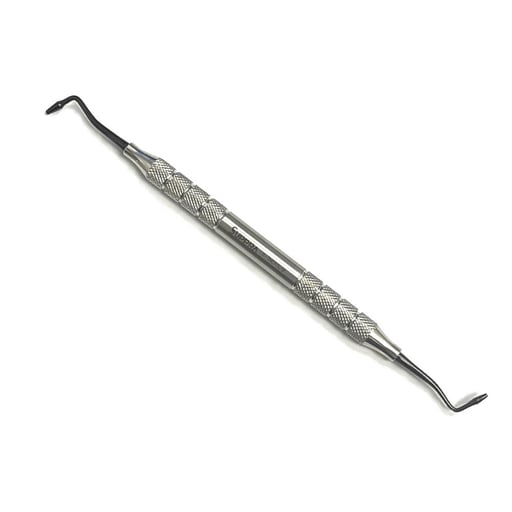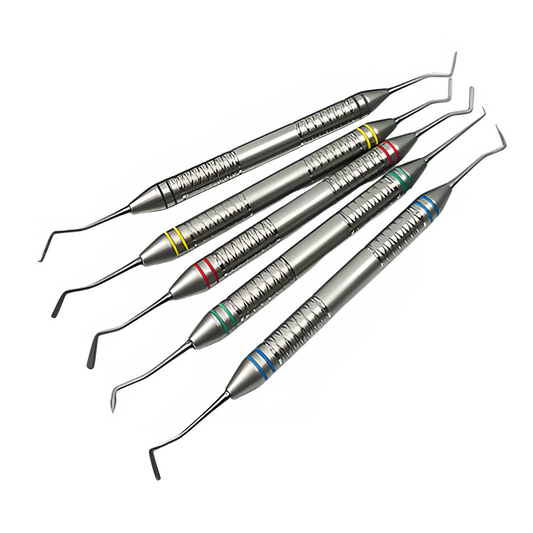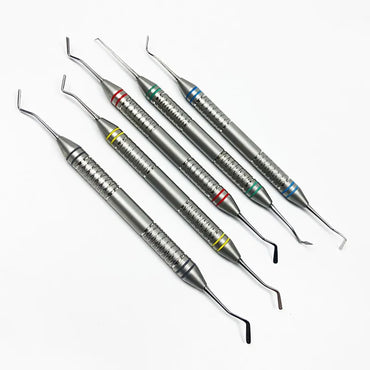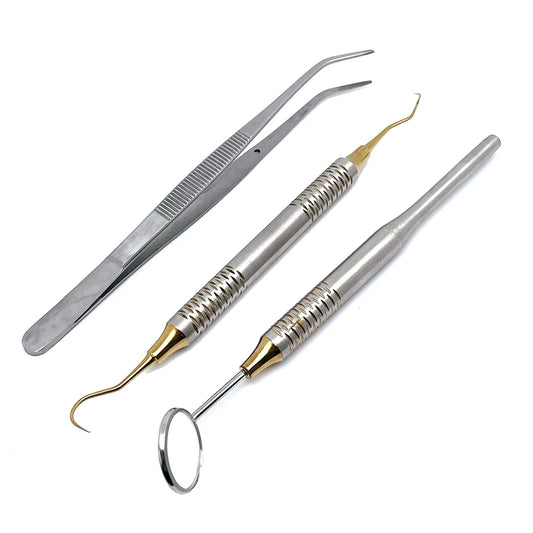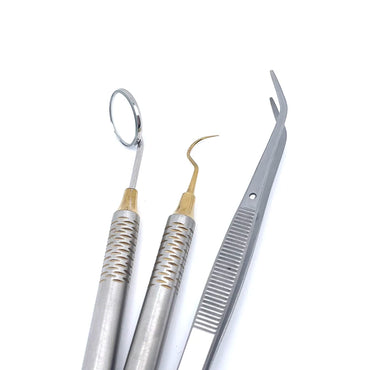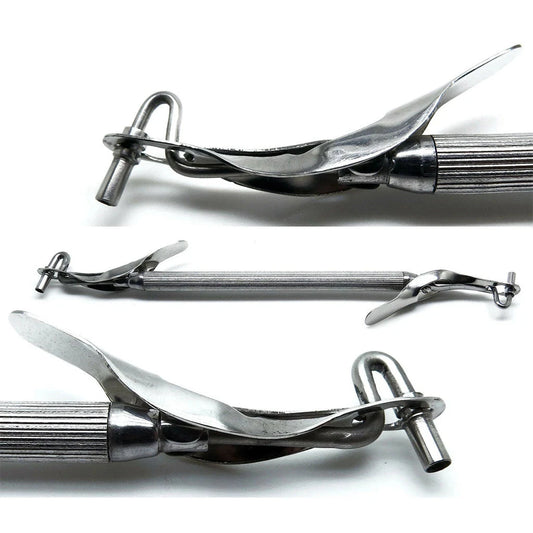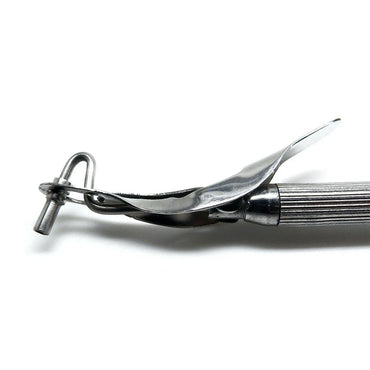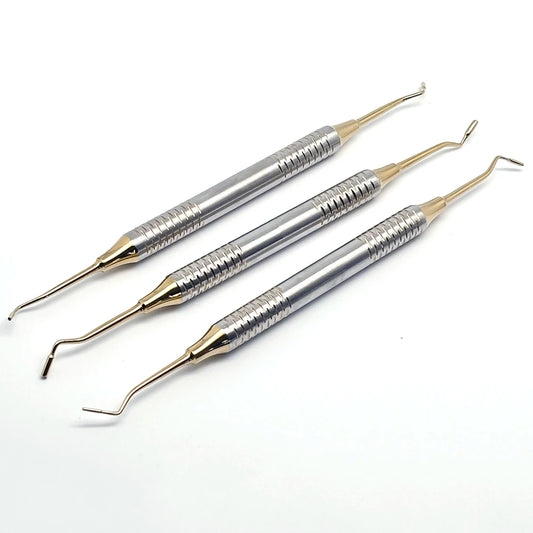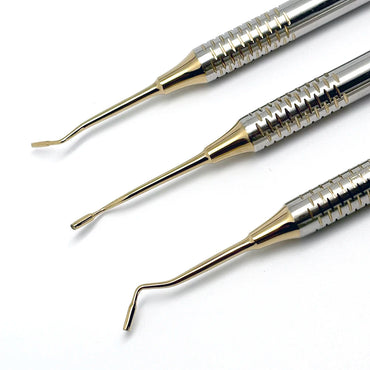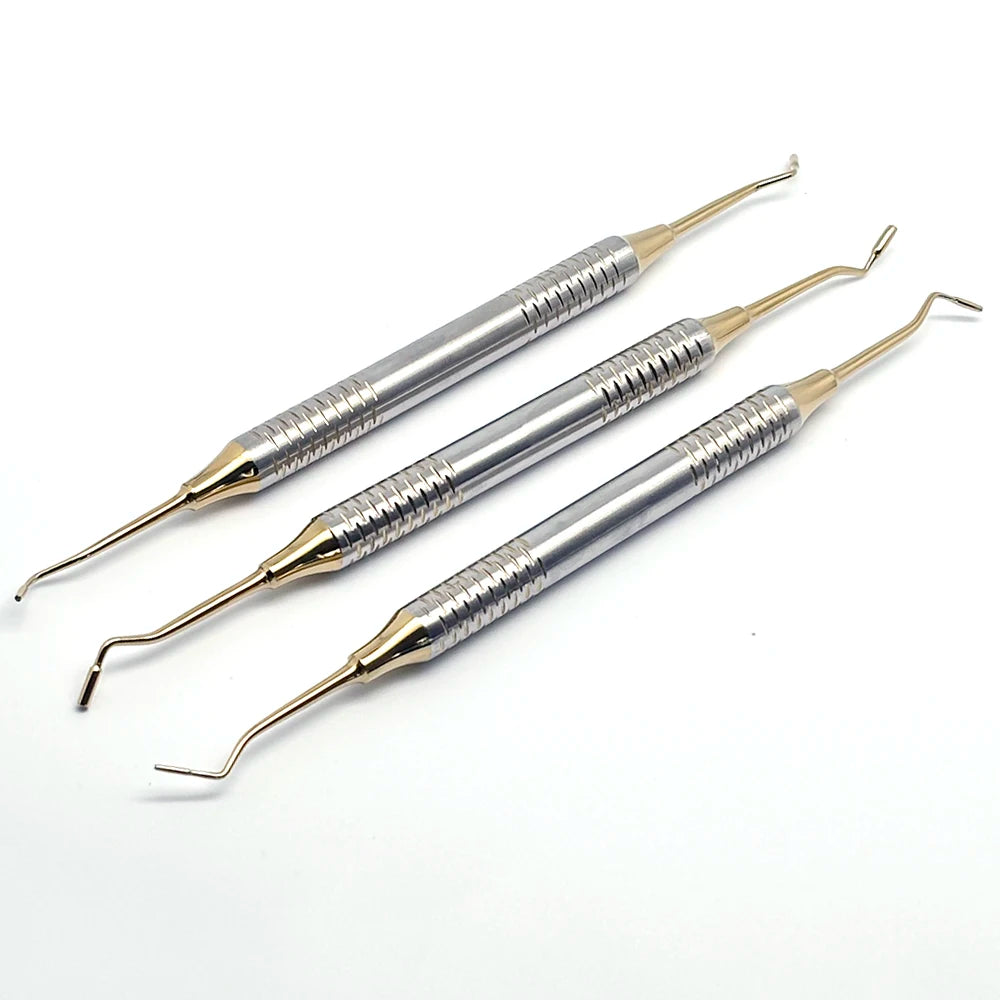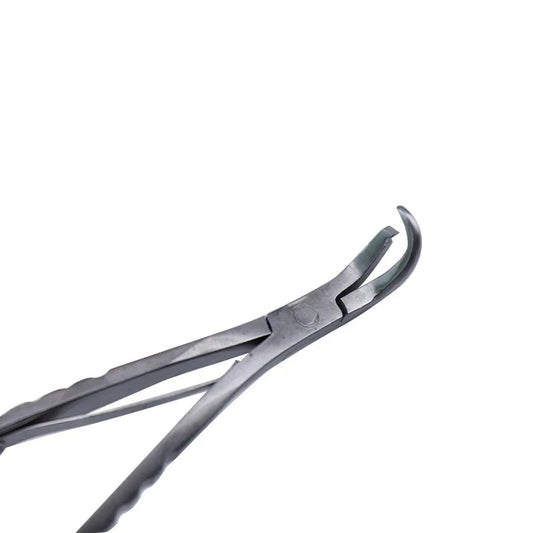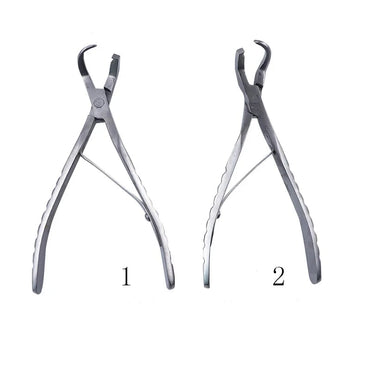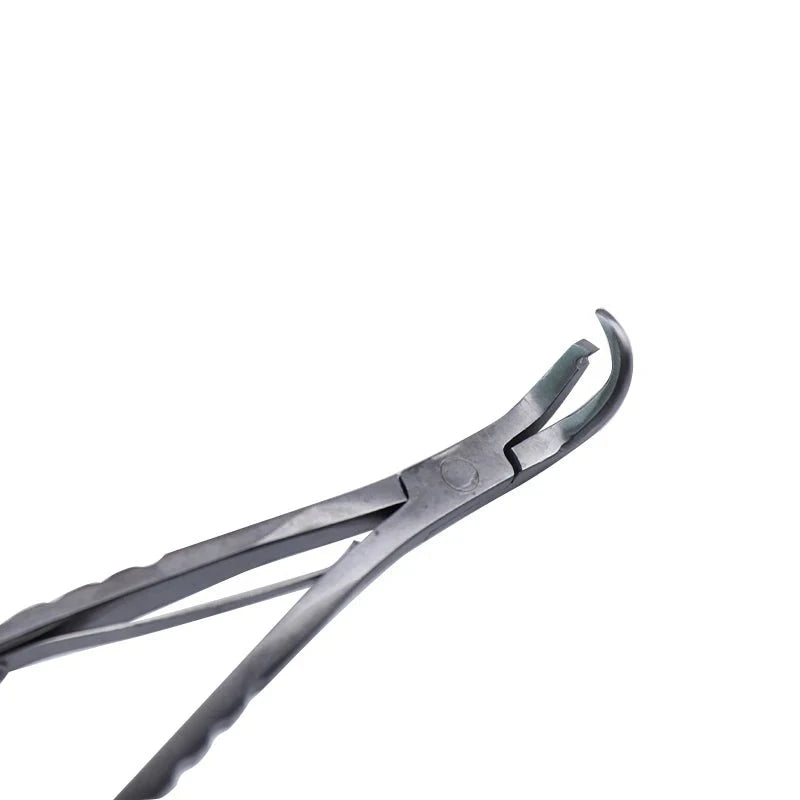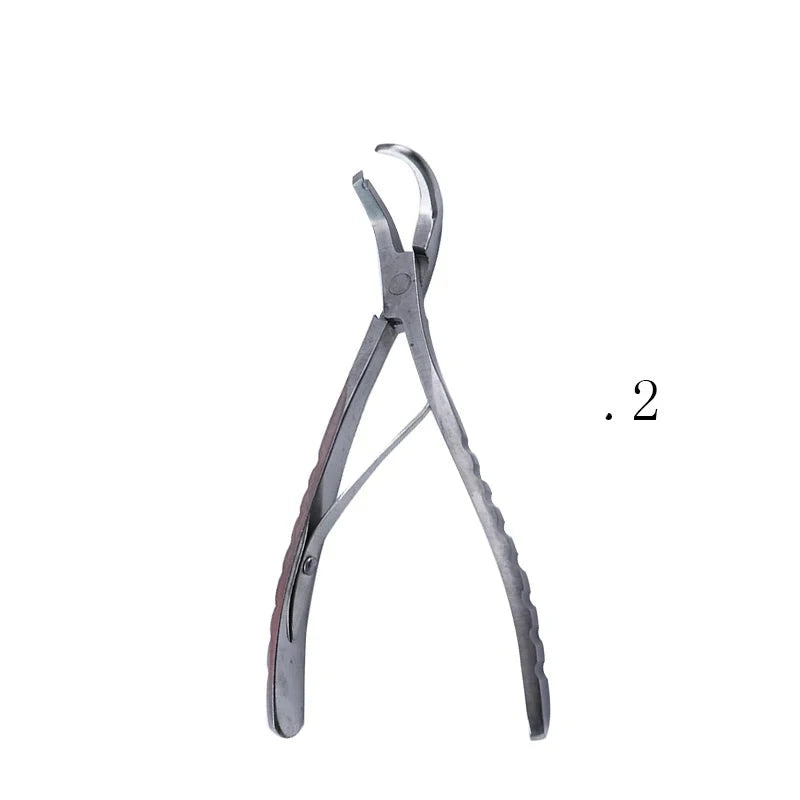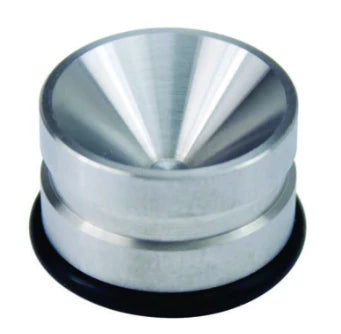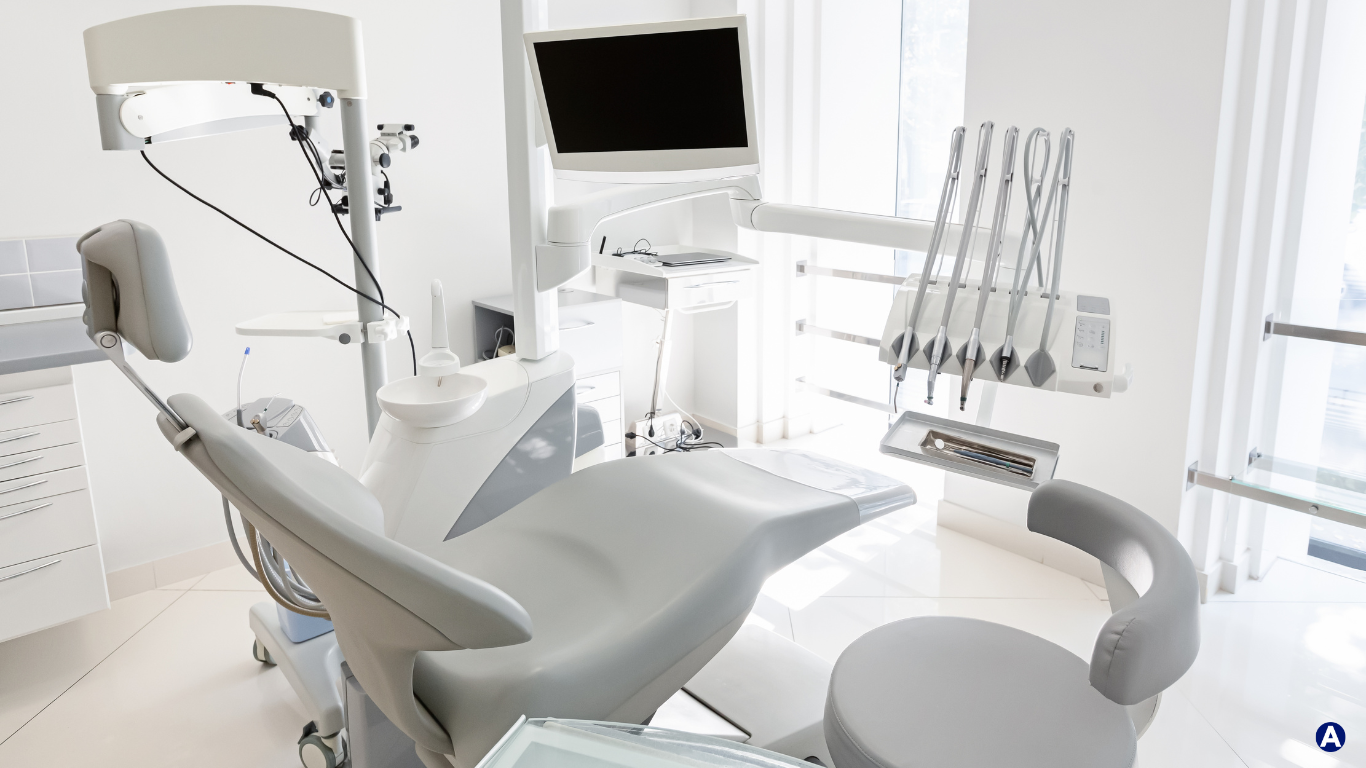Dental professionals face unique challenges in their daily work, leading to significant levels of stress. The demanding nature of the job, from long hours and detailed procedures to the emotional toll of patient care, makes stress management a critical component for success and well-being. In this post, we’ll explore a variety of stress-relief tools specifically tailored for dental professionals, offering practical strategies to help alleviate the pressures of the job.
Understanding the Sources of Stress in Dentistry
Before diving into stress-relief tools, it's essential to understand the common sources of stress within the dental profession:
-
Physical Strain: Dental professionals often work in awkward, static positions for extended periods. This can lead to neck, back, and shoulder pain, further increasing stress.
-
Time Pressures: Tight schedules, managing patient flow, and dealing with emergencies can result in time constraints that create mental fatigue.
-
Patient Anxiety: Many dental patients experience fear and anxiety, which can be contagious. Dental professionals often absorb this stress, affecting their emotional well-being.
-
Precision Requirements: Dentistry demands high levels of accuracy, which can increase stress when combined with the need to manage complex cases or unexpected complications.
-
Business Responsibilities: For practice owners, managing the business side of things—such as finances, staffing, and compliance—adds another layer of stress.
Now that we have a better understanding of what contributes to stress in dentistry, let’s explore some tools and techniques to help mitigate it.
1. Mindfulness and Meditation
Mindfulness is one of the most effective ways to combat stress in any profession, but it is particularly useful in high-stress fields like dentistry. Mindfulness practice helps bring attention to the present moment, reducing anxiety and emotional overwhelm.
How to Implement Mindfulness:
- Start with short, daily sessions of mindful breathing exercises. Even 5 minutes of deep breathing before or after a busy workday can make a difference.
- Guided meditation apps like Headspace or Calm can help you ease into a regular mindfulness practice, providing stress relief throughout the day.
- Consider integrating mindfulness techniques between patient appointments to reset your mind and body.
Benefits:
- Reduces anxiety and emotional stress.
- Helps dental professionals stay focused and calm during complex procedures.
- Improves overall emotional resilience.
2. Ergonomic Adjustments
Physical stress is a significant contributor to mental fatigue. Making ergonomic adjustments in your workspace can prevent the physical strain that leads to stress.
Ergonomic Strategies:
- Invest in ergonomic dental chairs and equipment designed to reduce physical strain on the body.
- Use stools that promote proper posture and offer lumbar support to avoid long-term back and neck pain.
- Implement regular breaks to stand, stretch, or do light exercises that relieve tension in the muscles.
Benefits:
- Reduces the risk of musculoskeletal injuries.
- Improves comfort, allowing you to focus more on your patients and less on your pain.
- Enhances job satisfaction by reducing long-term physical discomfort.
3. Time Management Techniques
Dental professionals often face the stress of time constraints, which can lead to burnout if not managed properly. Implementing time management strategies can ease this pressure.
Time Management Tools:
- Time-blocking: Schedule specific blocks of time for patient appointments, administrative tasks, and breaks to prevent overbooking or rushing.
- Prioritization: Identify the most critical tasks for each day and focus on those, letting less urgent tasks wait.
- Delegation: Delegate non-clinical tasks, such as administrative duties, to trusted team members. For example, allow your dental assistant or office manager to handle billing or patient reminders.
Benefits:
- Reduces overwhelm by creating structured, manageable workdays.
- Increases productivity without sacrificing well-being.
- Prevents mental fatigue by allowing for more balanced workloads.
4. Physical Exercise
Physical activity is a tried-and-true method for reducing stress. For dental professionals, regular exercise not only keeps the body fit but also releases endorphins, which naturally combat stress.
Exercise Ideas:
- Stretching: Incorporate stretching exercises into your daily routine, particularly for the neck, shoulders, and back, which can become tense from dental work.
- Cardiovascular Workouts: Activities such as running, cycling, or swimming are excellent for releasing tension and clearing the mind after a busy day at the office.
- Yoga: Yoga is a great stress reliever, combining physical movement with mindfulness and relaxation techniques.
Benefits:
- Promotes relaxation by reducing muscle tension.
- Improves sleep quality, which is essential for reducing stress levels.
- Boosts energy levels and mental clarity, allowing you to perform better at work.
5. Professional Counseling and Peer Support
Dentistry can sometimes feel isolating, especially when managing difficult cases or stressful work environments. Having a professional support system can make a world of difference.
Counseling Options:
- Consider engaging in regular counseling or therapy to talk through the stresses of your career. Many dental professionals find that having an outlet to discuss work-related stress helps in processing their emotions.
- Join professional groups or forums where you can connect with peers who understand the unique stresses of the dental field.
Peer Support Networks:
- Attending industry conferences, workshops, or online forums can help you network with other dental professionals and share tips on stress management.
- Having a mentor or accountability partner can also be invaluable for navigating particularly challenging aspects of your work life.
Benefits:
- Reduces the feeling of isolation by fostering community support.
- Provides professional guidance and coping strategies.
- Encourages ongoing self-improvement and stress management skills.
6. Hobbies and Creative Outlets
Outside of work, dental professionals can benefit greatly from hobbies and creative outlets that allow them to unwind and express themselves. Engaging in enjoyable activities helps take your mind off the demands of dentistry, offering a sense of balance.
Examples of Stress-Relieving Hobbies:
- Art, music, or writing can provide emotional release and mental clarity.
- Outdoor activities like hiking, gardening, or cycling can connect you with nature and rejuvenate your senses.
- Learning a new skill or hobby, such as cooking or photography, offers a fun way to unwind and focus on something enjoyable outside of your career.
Benefits:
- Encourages a work-life balance that is crucial for long-term mental health.
- Provides opportunities for relaxation and personal fulfillment.
- Enhances creativity and problem-solving skills, which can also benefit your professional work.
7. Technology for Stress Management
In our digital age, there are numerous tech tools designed to help manage stress. From apps to wearable devices, these tools can serve as helpful reminders to take breaks, meditate, or track your physical activity.
Tech Tools to Consider:
- Wearable Devices: Devices like Fitbit or Apple Watch can monitor your heart rate and remind you to take breaks or meditate when stress levels rise.
- Stress-Tracking Apps: Apps such as MyLife or Insight Timer offer stress management tools, including guided meditations, breathing exercises, and even mood tracking.
- Relaxation Apps: Calm and Breethe provide guided relaxation exercises tailored for professionals dealing with workplace stress.
Benefits:
- Helps track stress levels and physical health in real-time.
- Provides easy access to stress-relief tools even during a busy workday.
- Encourages the development of healthy, long-term stress management habits.
As a dental professional, managing stress is critical for both your well-being and your performance in the clinic. Whether through mindfulness practices, ergonomic improvements, exercise, or simply finding time to unwind with a hobby, the right tools can significantly reduce stress. By incorporating these strategies into your daily routine, you can achieve a more balanced, fulfilling career in dentistry while maintaining a higher quality of life.





